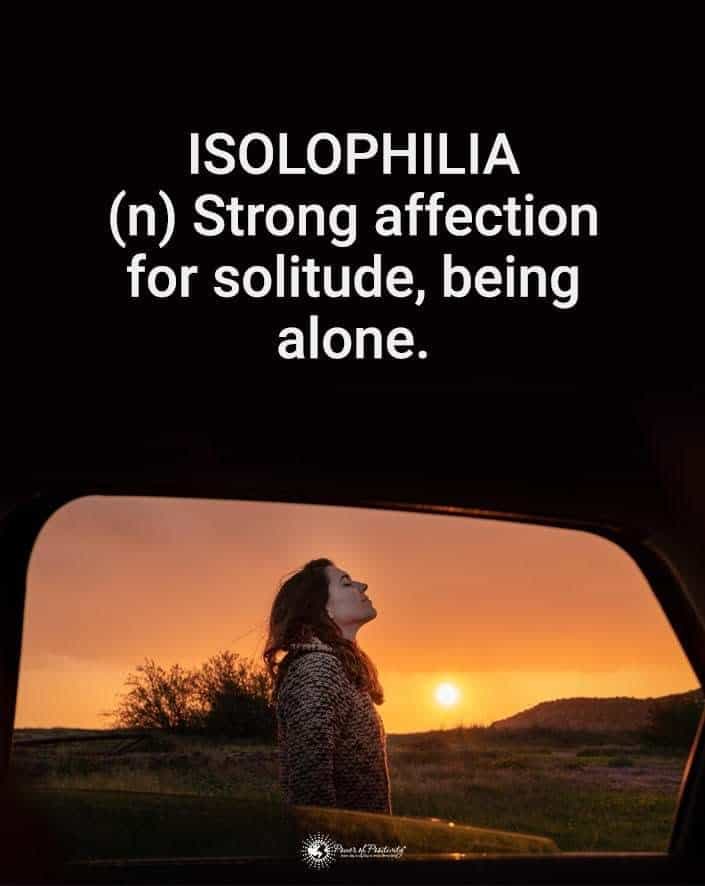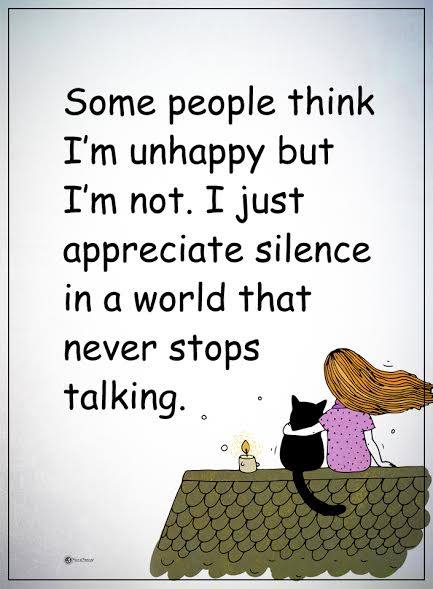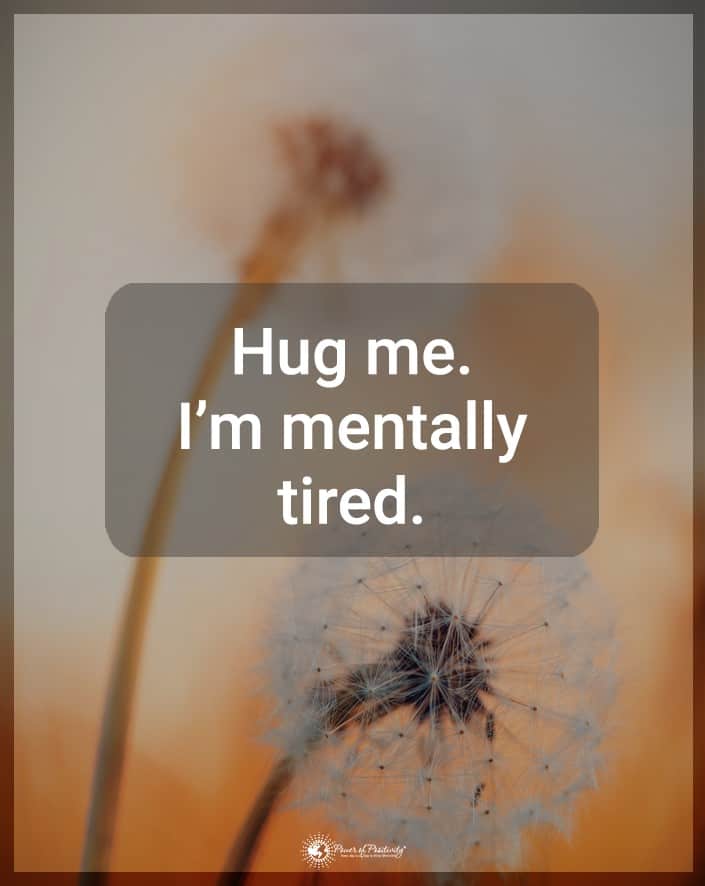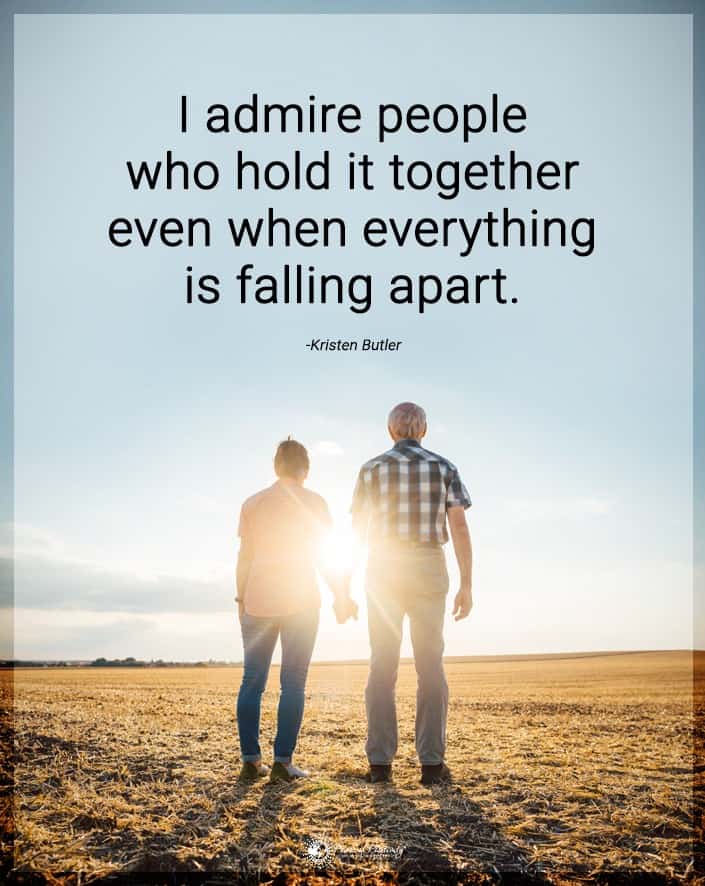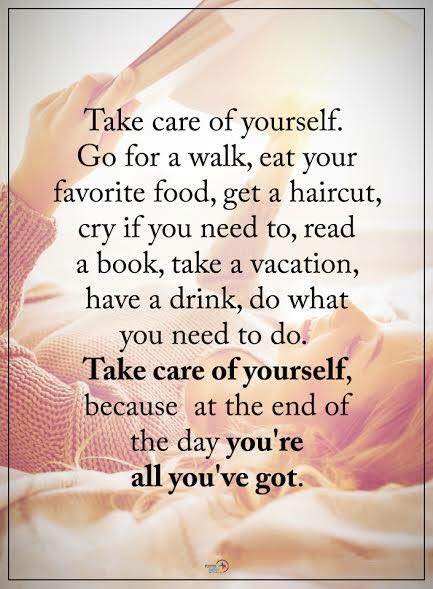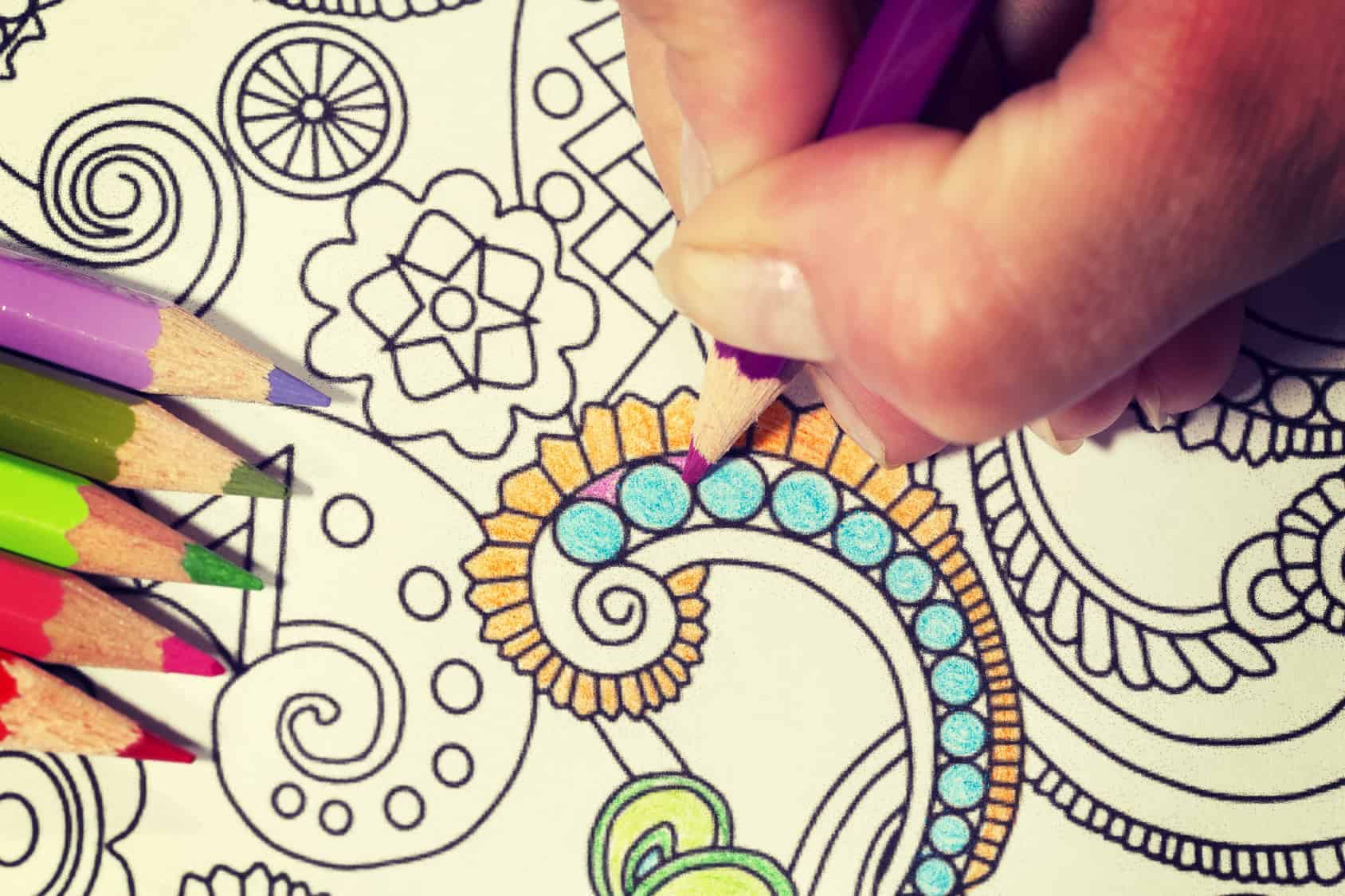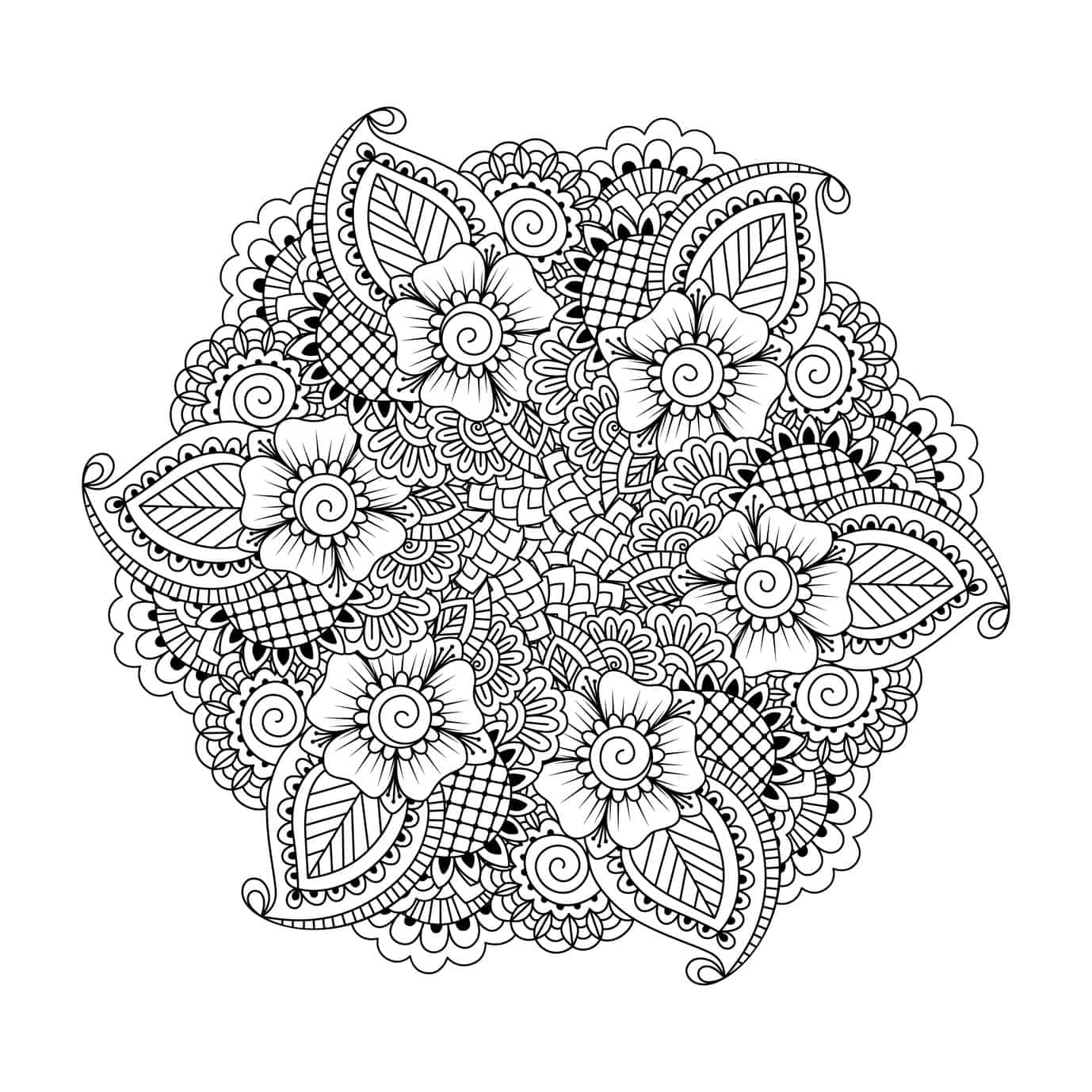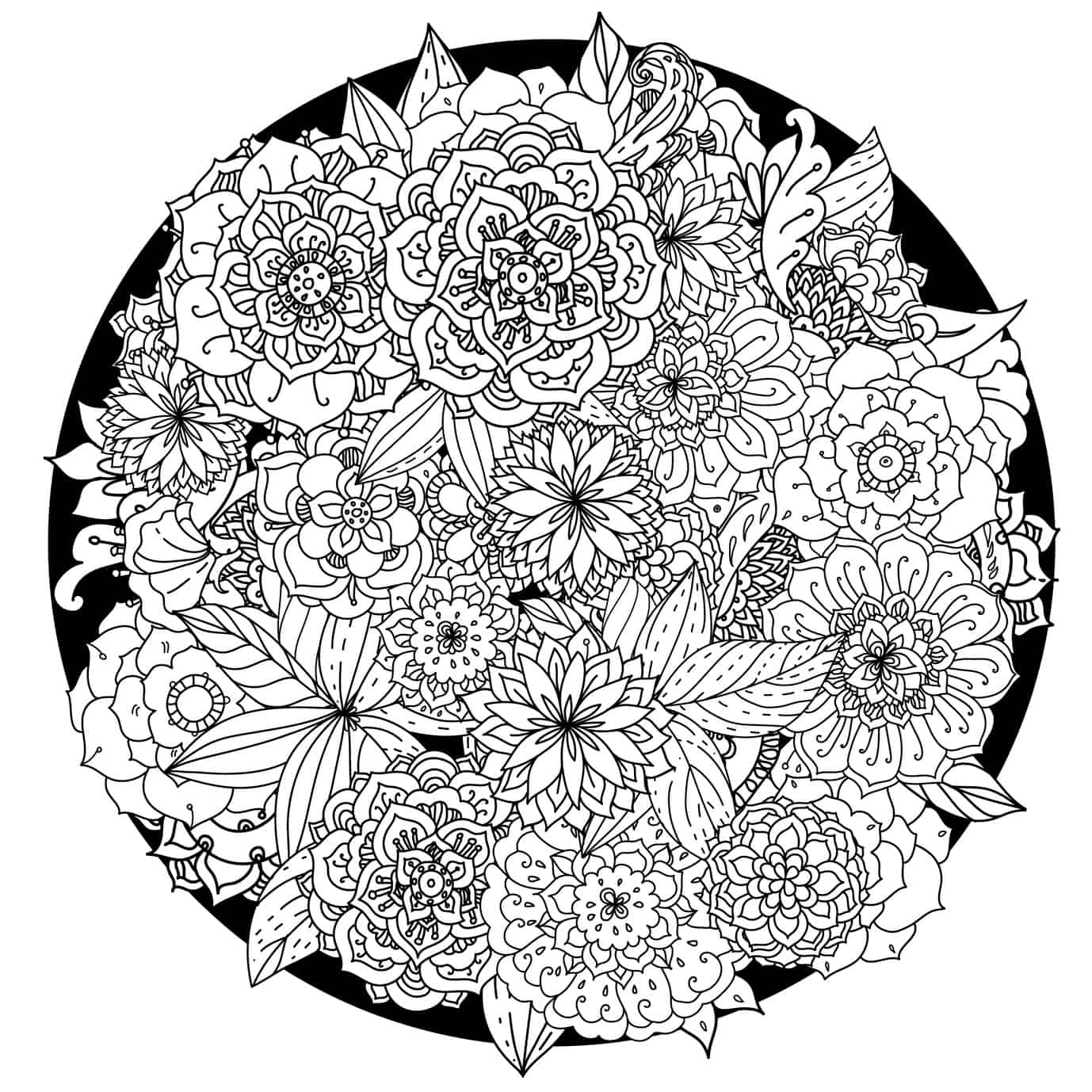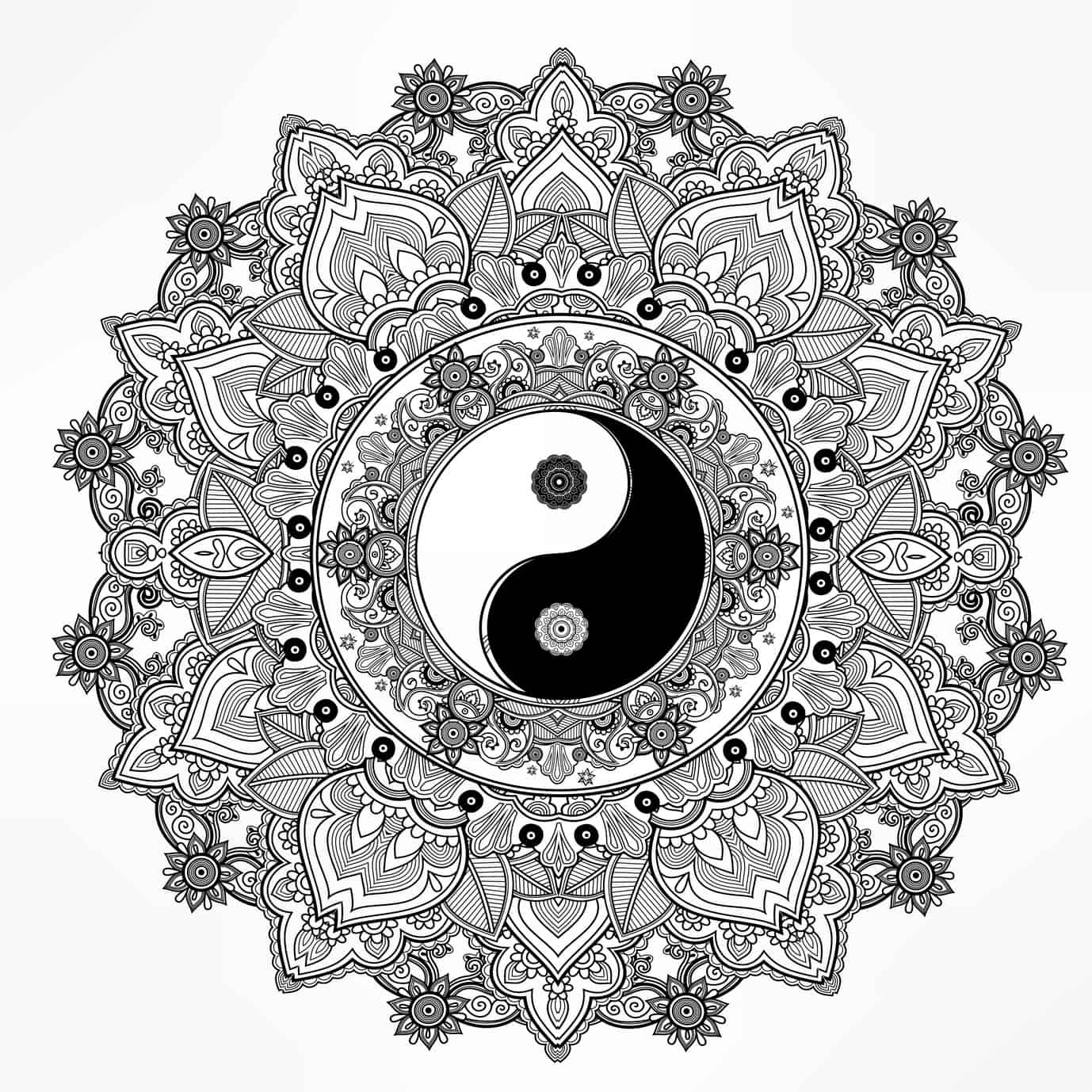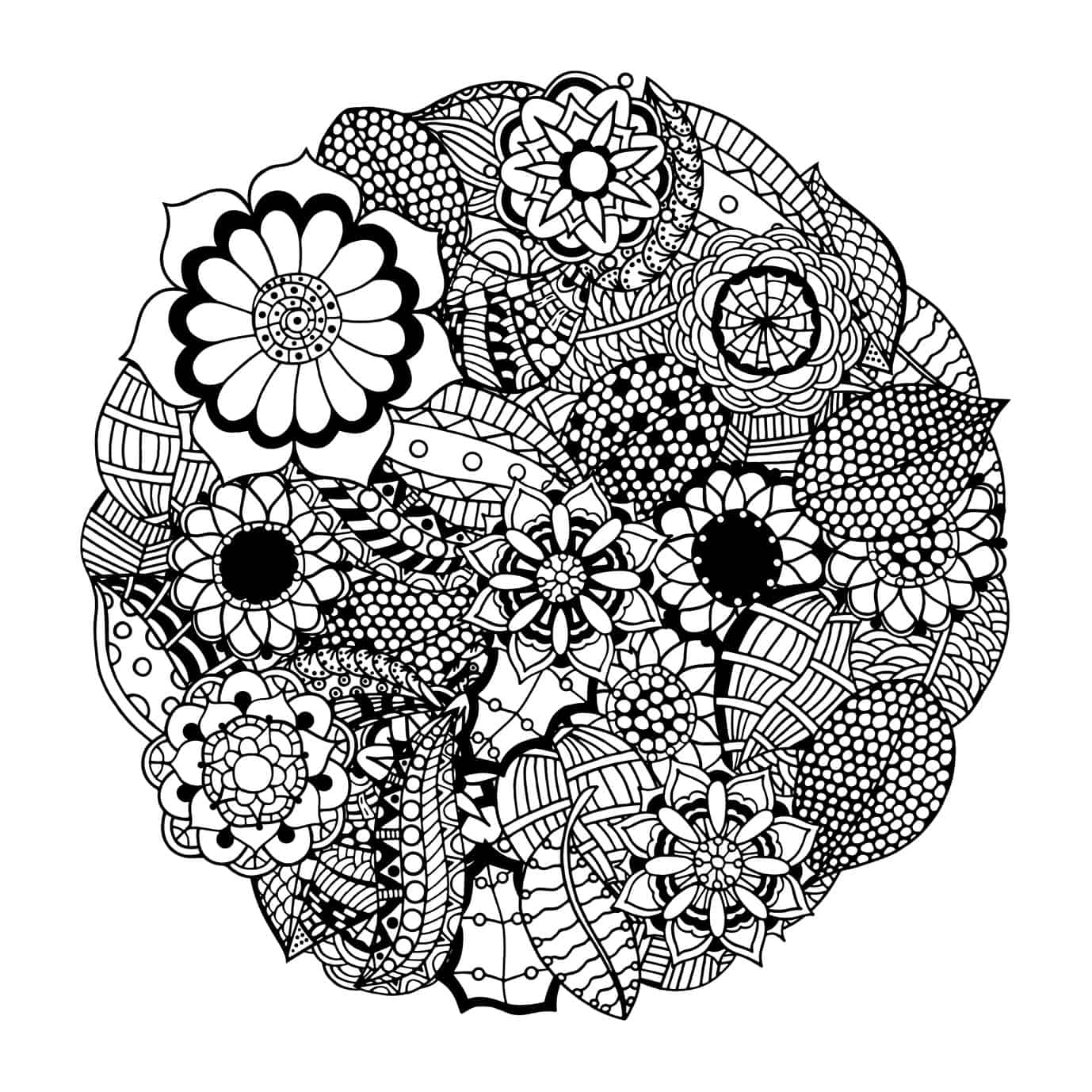Do you tend to push people away without even realizing it? Ask yourself two hard questions–and answer honestly. Have you had friends who just drifted away? Are your behaviors causing this?
Your relationship seemed great, but they stopped including you in their activities. Perhaps you asked them to hang out on several occasions, but they were always busy. You don’t know what happened, but now you’re wondering if there are things you do that push people away. Check out the four behaviors that push people away to better understand if it’s something you’ve been doing in your friendships.
1 – Complaining Is a Behavior That Can Push People Away
Complaining is expressing your dissatisfaction. It’s finding fault with things. It’s customary on one level to complain about bad things that happen to you, but when complaining is your regular attitude, you get a reputation of being a complainer. Complaining all the time drains the life out of a friendship. There are different types of complainers.
- Complainers who vent: This type of complainer doesn’t want your advice. They vent all the time about the weather, their job, their kids, and their spouse. Their life, in their view, is a significant negative experience.
- Complainers who want sympathy: These complainers wish you to feel sorry for them. They need a listening ear so they can ramble on about all the difficulties they’ve had.
- Complainers are addicted to complaining: They complain so much they can’t stop. Complaining defines them. They nurse their complaints with worry and anxiety.
Complaining ruins friendships. It’s hard to talk to someone who complains all the time because they’re not interested in what’s going on in your life.
How can you stop complaining?
If you give in to complaining a lot, here are some strategies that could help you break the habit.
- Try to step back: if you are a complainer, it’s easy to get caught up in things that probably won’t be that important to you in a couple of years.
- Look at yourself: Do you like who you are? Are you unhappy? If so, ask yourself what’s making you complain so much. Has someone hurt you who you find hard to forgive? Take some time to self-evaluate and decide who you want to be.
- Practice being grateful: Being grateful helps you realize the good things in your life instead of the negative things. Gratitude lowers your anxiety and stress levels. Keep a gratefulness journal. Every day, write something you’re grateful for in your life. You may start with being thankful for those basic things like food, clothing, a place to live, or your family that makes your life enjoyable. It may surprise you when you see all the positive things you have in your life.
2 – Selfish Behaviors Will Push People Away
Selfishness is a common problem for everyone. It’s easy to think more about yourself than you do other people. But some individuals are oblivious to their selfishness. Dealing with a friend who is constantly self-centered is exhausting. If you have a selfish friend, you probably experienced these things in your friendship. Selfish people tend to
- Manipulate: It’s common for selfish people to manipulate their family and friends to get what they want. They need to control things and assume their way is the best.
- Consumed with themselves: They are aware of themselves and their life. They don’t ask you about yourself when you’re with them but talk about themselves.
- Lack of gratitude: Selfish people don’t show appreciation unless it’s to gain attention. They act entitled when they receive something rather than thankful for what they received.
- Won’t allow themselves to be vulnerable: It’s hard for a selfish person to show weakness unless it’s to get sympathy. It’s hard to get to know them because they don’t like to open up.
How can you stop being selfish?
If you struggle with being selfish, here are some steps to change.
- Listen to others: If you are selfish, you probably aren’t a good listener. As you get into conversations, attempt to listen rather than talk.
- Let others go first: Do you tend to help yourself? Try to step back and let others go first, whether at Starbucks or when you’re driving your car.
- Let other shine: Selfish people love to be the center of attention. If you’re aware of your tendency towards selfishness, let others be the center of attention. Cheer them on, show them respect.
- Evaluate your actions: Take time to assess how you’re doing. Ask a close friend if they can see a difference in your life. Get their input on how you can change.
3 – Playing the Victim
Someone who pushes people away may not be aware they do this when always playing the victim. They may take everything you say personally and get hurt if you aren’t giving them enough attention and validation. These kinds of friendships are one-sided and exhausting. If you have a friend like this, you may alternate between feeling sorry for them and not wanting to be around them because they’re so needy for your acceptance and approval of them.
How do you know if someone is always playing the victim?
- They won’t take responsibility: People who play the victim refuse to be responsible for their actions. It’s always someone else’s fault they are like they are. They point the finger at their parents, partners, boss, or kids for making their lives miserable.
- Hold grudge: Individuals who see themselves as victims hold grudges against people they feel have wronged them. Victims always have a story to tell about how someone hurt them. They may have had some genuinely tricky situations in their life. But instead of trying to find healing, they wallow in their hurt and rehearse all the wrongs ever done to them.
- They don’t trust others: People who play the victim rarely trust others. They say the world is a terrible place, and there’s no one you can trust, yet they expect you to trust them and their assessment of themselves. It’s a strange misunderstanding of who they are and how they come across to others.
- Self-pity: Self-pity is essentially feeling sorry for yourself because of an actual or perceived injustice or circumstance in your life. They may be hard to talk to about anything else going on except the hardship they’re suffering. It’s as if self-pity is the lens they use to look at life around them.
4 – Gossiping Might Push People Away
Gossip isn’t new. Everybody falls prey to it once in a while. It’s estimated that in approximately two-thirds of the conversations, people have been talking about other people when they’re not there. Some people enjoy gossiping because it makes them feel better about themselves. It’s no fun hanging out with a friend who always tells you negative things about other people. Sharing judgemental opinions and putting people down doesn’t make a sound basis for friendship. If you have a friend who does this with you, it’s likely they also gossip about you behind your back. It’s no wonder gossips push people away. They don’t feel like safe people to be around.
How can you stop gossiping behaviors?
If you struggle with gossiping about others, here are some suggestions to stop.
- Ask yourself some questions when you’re tempted to give in to gossip. Is this kind? Is it true? Finally, ask–is it helpful or harmful?
- Stop the conversation with humor: If you’re in a conversation and it drifts to gossip about someone, stop the conversation with a humorous comment like, “We all do that, right?” or “Hey, let’s talk about the weather instead of __________.”
- Think about how you would feel if you were that person being gossiped about.
- Stop hanging out with other people who gossip. Gossips tend to hang around each other, perpetuating this damaging behavior.
Final Thoughts on Behaviors That Can Push People Away
If you had friendships that suddenly ended and you never found out why maybe you pushed your friends. No one wants to push people away, but it can end your friendship if you do certain things. Constantly complaining, gossiping, playing the victim, or being selfish will erode your friendships. It’s not too late to change how you relate to your friends and build long-lasting friendships.

